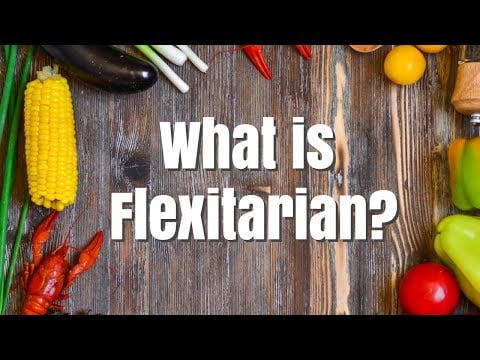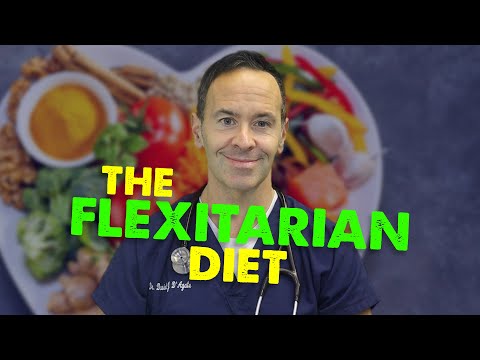All You Need to Know About the Flexitarian Diet – The New Diet Trend
The flexitarian diet, also known as the “flexible vegetarian” diet, is a dietary pattern that is becoming increasingly popular for its potential health benefits. Unlike traditional diets, it does not require followers to totally eliminate animal products from their diets. Instead, it allows for some occasional consumption of such products while emphasizing plant-based foods like fruits, vegetables, legumes, whole grains, nuts, and seeds. Here is what you need to know about this new diet trend:
What is the flexitarian diet?
The flexitarian diet was coined by registered dietitian Dawn Jackson Blatner in her 2009 book The Flexitarian Diet. It is centered around eating mostly plant-based foods like fruits, vegetables, legumes, whole grains, and nuts while allowing occasional consumption of animal products such as meat, dairy and eggs. The goal of the diet is to help people eat more plants while still enjoying some of their favorite dishes.
What are the benefits of a flexitarian diet?
There are several potential health benefits associated with following a flexitarian lifestyle including reduced risk of heart disease and stroke; improved cholesterol levels; increased energy levels; improved digestive health; weight loss; better cardiovascular health; and lower risks of cancer and diabetes. Additionally, it can be a sustainable way to reduce your environmental impact since plant-based foods require less energy and resources to produce than animal products do.
How do you start following a flexitarian diet?
If you are interested in trying out a flexitarian lifestyle for yourself, start by focusing on adding more plant-based foods to your existing meals rather than taking anything away. Think about incorporating beans or lentils into soups or salads; adding nuts or seeds to smoothies or yogurt bowls; trying out some vegetarian breakfast recipes like avocado toast or oatmeal; using vegetable broth instead of chicken broth in stir fries; etc. You can also experiment with plant-based proteins like tofu or tempeh as alternatives to meat dishes (try incorporating them into tacos!). And do not forget to include plenty of herbs and spices for flavor!
In summary, the flexitarian diet emphasizes mostly plant-based foods while allowing for occasional consumption of animal products. This type of dietary pattern has many potential health benefits such as improved cholesterol levels and increased energy levels. To get started on your own journey towards better health and sustainability goals – try out the flexible vegetarian approach today!





